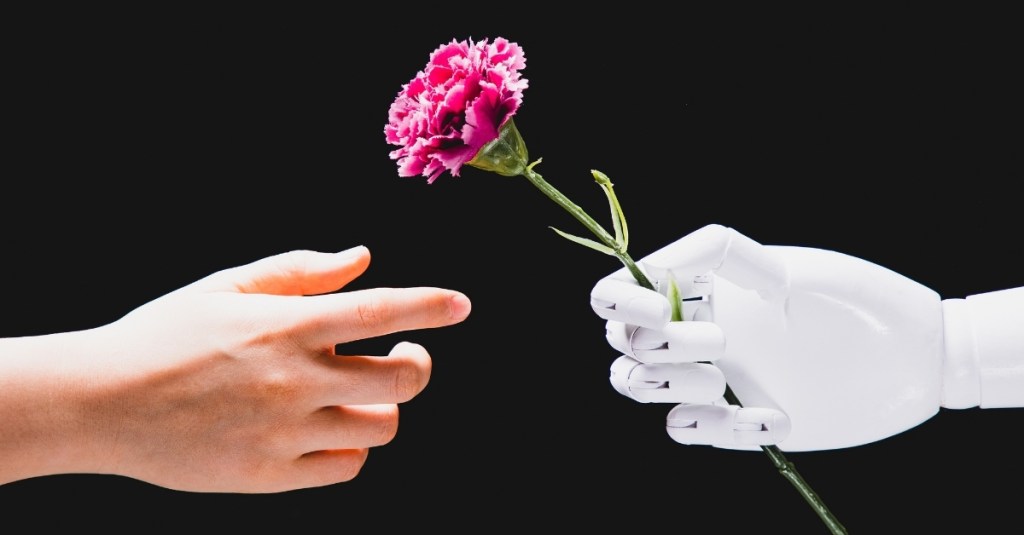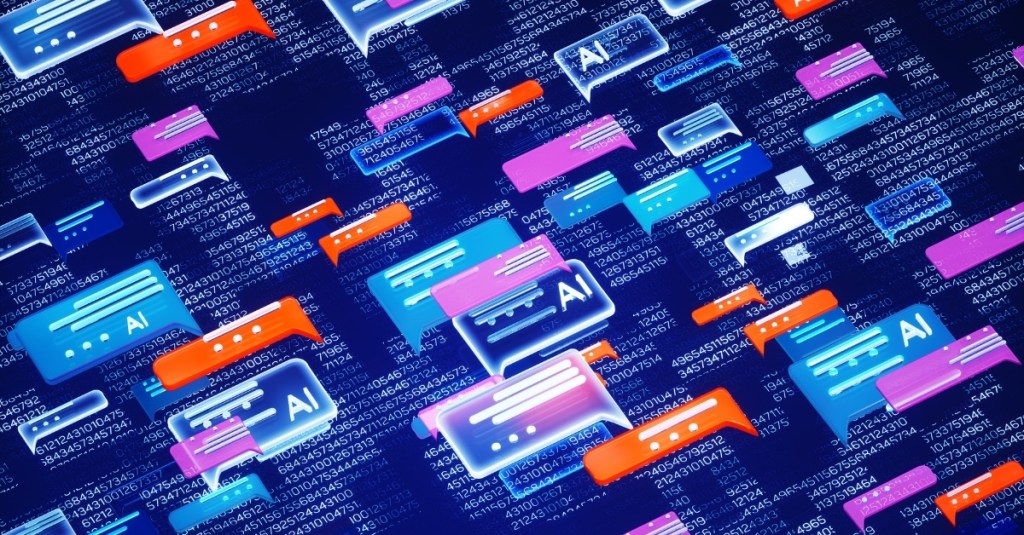The modern dating scene has become a minefield of AI horrors, where you’re never sure if you’re texting a person or their AI proxy. The kids are calling it “chatfishing.”
The Guardian just published a wild read about young people trying to navigate the modern dating scene that’s become a minefield of AI horrors, where you’re never sure if you’re texting a person or their AI proxy.
A woman had been chatting with a guy on Hinge for weeks. Their conversations went deep and got personal, following the script of every budding relationship. They talked about childhood trauma, attachment styles, and shared memes to keep it light.
But when they finally met in person, he was… blank. Not rude or dismissive. Just hollow. Far from the charismatic, emotionally available guy she was texting. That’s when it hit her: she hadn’t fallen for a person. She’d fallen for his chatbot replica.
This kind of thing is becoming increasingly common. People are letting chatbots ghostwrite their love lives.

We’re Not Dating Each Other, We’re Dating AI Proxies, Thanks to Chatfishing
Some users who spoke to The Guardian say they use AI to “enhance” conversations: to rephrase clunky sentences, to sound more empathetic, or ask better questions.
But others are handing over entire conversations to language models. They’re training bots on dating prompts, feeding them matches’ replies, and letting the algorithm mimic what a “perfect match” would say.
Because even the most minor of social interactions needs a cute and pithy little name for it, like we’re all living in a Seinfeld episode, the name for this phenomenon is Chatfishing. Like the duplicitous dating scam its name is derived from, it’s not always intended to be malicious, but it is often used as a kind of false advertising.
Those interviewed by The Guardian, whose names were changed to preserve their identities, say a demanding and labor-intensive dating scene burns them out. They are tired of swiping and the endless starts and stops of rehashing the earliest stages of a relationship again and again with several people.
So, they turn to AI, which can do all that work for them, but at a cost.

It’s admittedly melodramatic to say that the cost is your soul, but…yeah, it is. Sure, not in the literal sense. ChatGPT isn’t a wish that went sour. But it might be the world’s greatest false advertising machine.
Of course, people aren’t disclosing that ChatGPT is their Cyrano de Bergerac, whispering the perfect sweet words for them to say from a nearby bush. And why would they? It’s the illusion that’s getting their foot in the door. But the second proposed that people have to meet to find out if they’re physically compatible in person, the illusion melts away, quickly sloughing off with every lull and dull conversational turn.
The more people rely on these technologies for simple, fundamental human-to-human interactions, the more we risk losing the fluency of our own feelings. We risk not only misrepresenting ourselves but also forming connections that exist only within the uncanny valley, where everything is pristine, every interaction mistake-free, and human interaction has been flattened out, making it no different from any other.
No matter how AI-optimized your opening line is or how perfectly calibrated your courtship prompts are, unless you’re planning on eventually being in a text-based marriage, eventually the person in the texts is going to have to live up to the expectations of the actual person. That actual person speaks in awkward silences, imperfect sentences, and is sometimes messy, and says the wrong thing, which makes another person mad.
It happens. It’s life. It’s human.
The post Is Your Dating App Match Real, or an AI Proxy? The Nightmare World of Chatfishing. appeared first on VICE.




